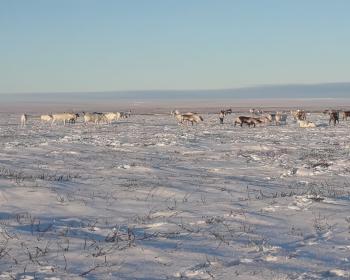
By Elisa Rebeiro (CS Intern)
From their traditional territories, three Cultural Survival Indigenous Youth Fellows lead community-based initiatives that strengthen identity, language, and collective life. Through care for the land, art, and the transmission of ancestral knowledge, their projects weave possible futures where identity, language, and community life can flourish.
By Gerard Tiwow (Minahasa)
“Nowhere in Indonesia has the old culture so fast and so completely disappeared as in the Minahasa” – Hetty Palm, Ancient Art of Minahasa (1958)
By Georges Dougon (Dogon, CS Staff)
By Elisa Ribeiro (CS Intern)
“I believe that giving young people the opportunity to gain experience and develop leadership skills, learn about their traditional way of life, and increase their self-esteem can pave the way for a generation of outstanding leaders who participate in all aspects of community development.” -Kim Spencer, CS Youth Fellow
By Daniel Salvador Chindoy Muchavisoy (CS Intern)
By Georges Theodore Dougnon (Dogon, CS Staff)
Creativity and craftsmanship are forms of resistance, memory, and collective healing in many Indigenous communities. Traditional art revitalizes ancestral knowledge and strengthens the social fabric, showcasing community knowledge as a tool for transformation in harmony with Mother Earth. In 2024, Cultural Survival supported two projects in Guatemala through our Indigenous Youth Fellowship program, where creativity, craftsmanship, and ancestral revival are acts of resistance and hope.